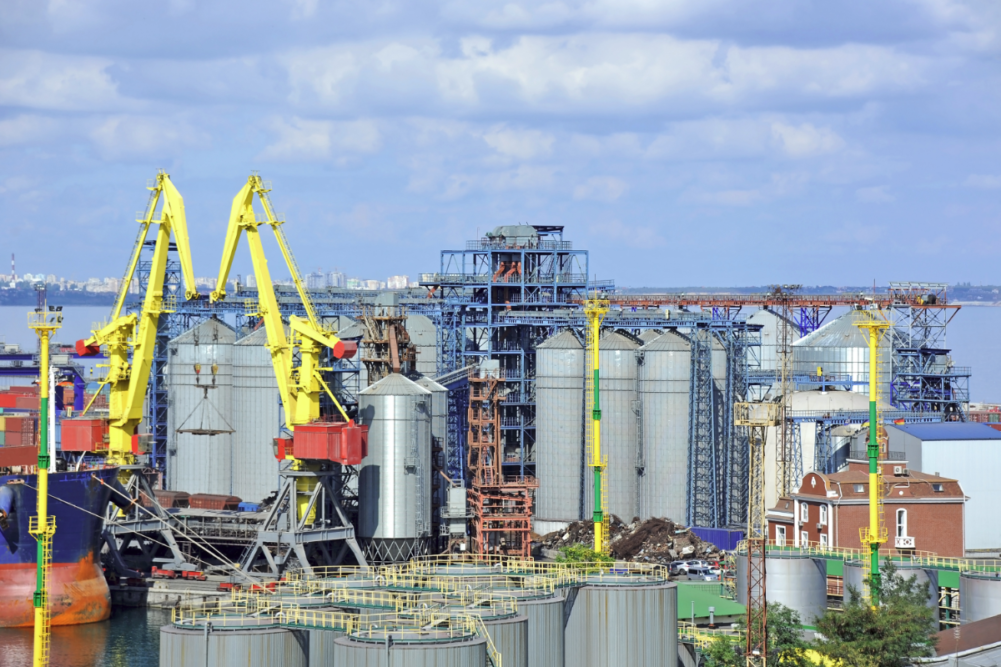WASHINGTON, DC, US – US President Joe Biden on June 14 said temporary grain silos would be constructed along the western borders of Ukraine to help the country, which was invaded by Russia in late February, export more grain.
During his address at a Philadelphia union convention, Biden said the United States planned to “work closely with our European partners to get 20 million tonnes of grain locked in Ukraine out onto the market to help bring down food prices. It can’t get through the Black Sea because it will get blown out of the water.”
Biden was referring to the Russian blockade of Ukrainian ports that includes the placement of sea mines. With much of the old crop remaining in storage, Ukrainian officials said they are running out of storage for the new grain crop.
Although the temporary grain silos on the country’s western border would be welcome, the amount of grain that can be moved by rail into Western Europe pales in comparison to the grain shipment capabilities of the ports. Moving grain by rail and truck presents some challenges, including limited trucking capacity and the need to reconfigure railcars at the border to fit a narrower gauge used in other countries.
In an exclusive interview with World Grain last week, Sergey Bratchuk, a spokesman for the Black Sea military administration, said Ukraine needs help from its allies to end Russia’s domination of the Black Sea.
“Unblocking of the Odessa port is the most important thing to reinvigorate exports,” Bratchuk said.
Ports in Ukraine are partially damaged or destroyed, Bratchuk said, but those that are in partial working condition still cannot be used because of the blockade. One of the biggest grain terminals, Nika-Tera, in Mykolaiv, was destroyed just a few days ago, Bratchuk said. That terminal had capacity to store up to 500,000 tonnes of grain at a time and is equipped with three bulk loading machines.
Ukraine is among the world’s top exporters of wheat, corn, sunflower oil and fertilizer. Since the blockade began, global food prices, which were already rising prior to the invasion, have soared to near-record highs.






